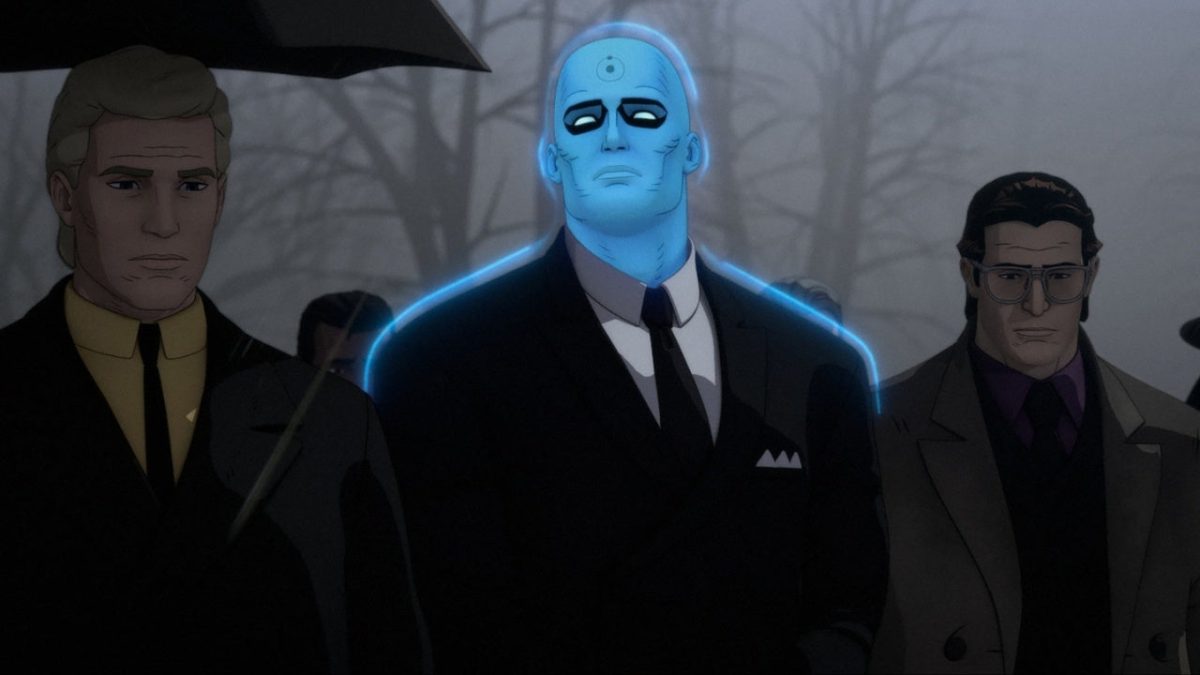
If you’ve ever asked someone for his or her phone number, only to hear The Rejection Hotline when you finally call, you can blame Jeff Goldblatt.
Created in 2001, The Rejection Hotline is a pre-recorded voicemail line that gives the caller a message that opens with this greeting: “This is not the person you are trying to call … The person who gave you this rejection hotline number did not want you to have their real number.”
The hotline receives millions of calls every year.
“We did 40 million calls in 2007 … 69 million calls last year,” Goldblatt said.
The initial idea, however, was a much more humble concept.
“I would love to say that I started it as a business idea, but, really, I just started it as a joke to make my friends laugh,” Goldblatt said.
The idea for The Rejection Hotline first came about when Goldblatt and his friends witnessed a failed pick-up at a bar.
“We saw a scene develop in front of us when an older, not so attractive, overweight drunk guy who kind of resembled a cross between Peter Griffin from “Family Guy” and George Costanza from “Seinfeld” was hitting on a blonde girl,” he said. “She basically told him off in front of the entire bar … That just led us to say she should have given him a fake number … It kind of just took off from there.”
Once the hotline was set up, word of mouth quickly spread.
“It kind of just spread as word of mouth, virally … It just kept growing from there,” Goldblatt said.
Once a website was set up, Goldblatt realized the potential of the idea to spread.
“Eventually, we put up the website and we got emails from all over,” he said. “We kept expanding.”
Goldblatt’s initial idea has transformed into a company named Humor Hotlines, with more than 100 new humorous phone numbers that are unrelated to the initial rejection hotline, including a psychiatric hotline and a ‘how to keep an idiot entertained’ hotline. True to the company’s synthesis, however, word of mouth continues to be a driving force behind its expansion.
“We’ve got over 100 different new hotlines,” Goldblatt said. “I’d say about 20 of those have gone viral and passed on … We don’t spend any money to promote the numbers … We just watch it take off.”
One good example of how fans have spread the word about Humor Hotlines occurred when someone used Twitter to prank people with the ‘how to keep an idiot entertained’ hotline.
“A guy tweeted that Best Buy was giving away gift cards to the first 500 people to call that number,” Goldblatt said. “It got retweeted 3,000 times in about a three hour period.”
A major in journalism and creative writing at Emory University, Goldblatt served as CEO of the company until about four years ago when he realized he needed help.
“I made the best decision of my entrepreneurial career, and I fired myself as CEO of my company and hired someone a little more experienced,” he said. “I had dubbed myself America’s worst entrepreneur because we were receiving millions of calls, and we weren’t receiving any money.”
Currently, each hotline’s message ends with an automated advertisement in order to bring profits to the company. Goldblatt is happy with the decision to keep the ad at the end of the message.
“It was very important for me that we not over-commercialize things or put the ads at the beginning,” he said.
The official website for Humor Hotlines is www.humorhotlines.com.








